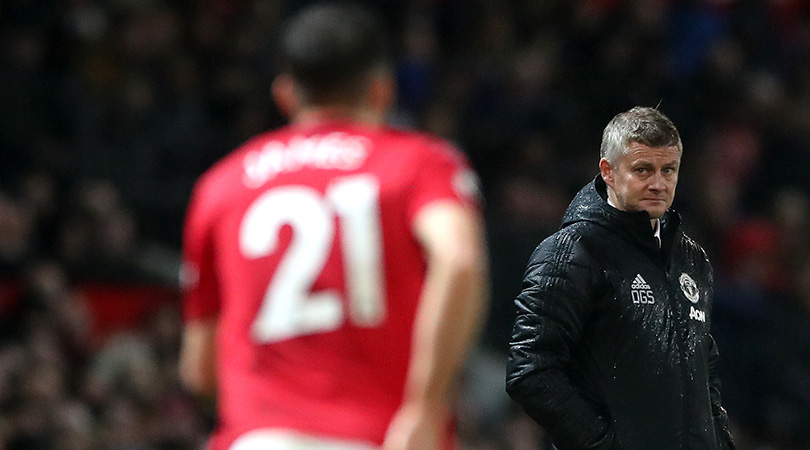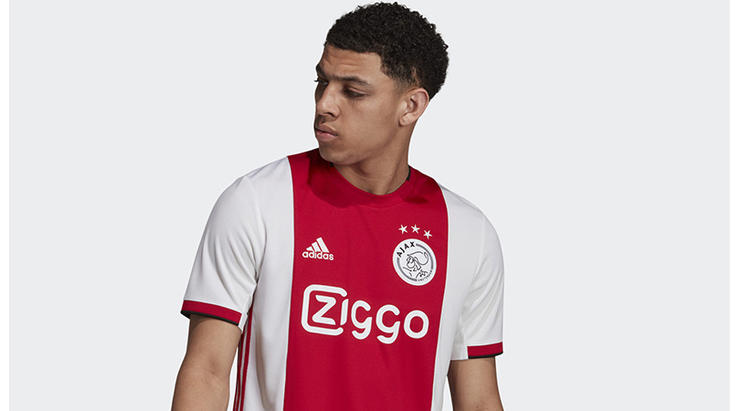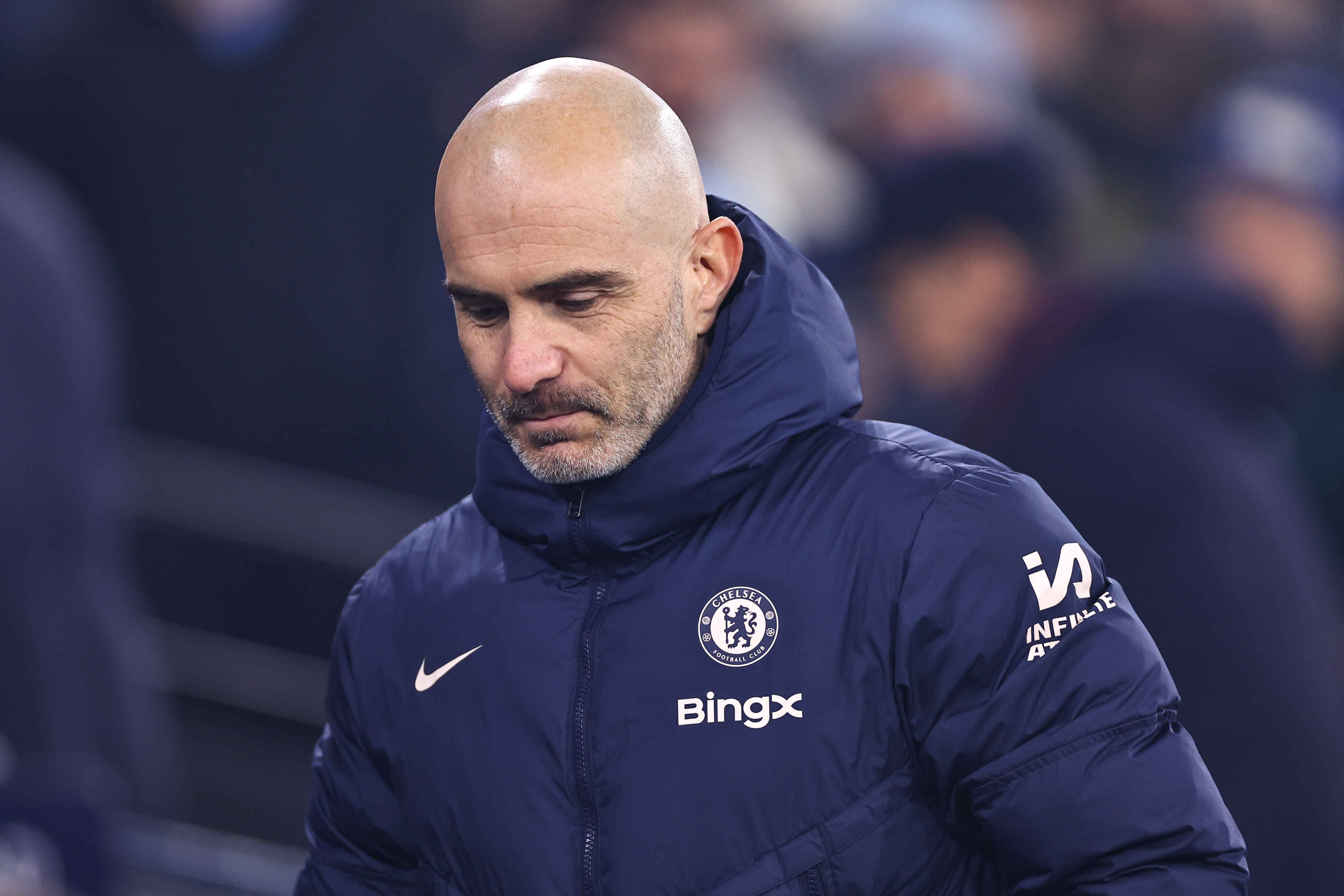What exactly are Manchester United these days? Like, really?
The director of football question is highly pertinent because it shifts United towards a place where they truly value on-pitch success – at least in theory, writes Seb Stafford-Bloor

Seb Stafford-Bloor will be writing a daily column on FourFourTwo.com. This is his second of the week...
Monday evening brought another muddled Manchester United performance, leaving the world no closer to knowing either what they are or where they might heading.
Linking off-field culture to on-pitch performance will always be a tenuous science. It’s no coincidence, though, that where there's executive dysfunction, there is usually a side playing well within its means and which doesn’t seem as responsive as it should be to changes in manager, formation or personnel.
And that’s a fairly accurate portrayal of modern-day United, who remain caught within their malaise, suffering through a range of ailments which only ever seem to get worse.
Chief among those is the activity at the very top of the club. Executive vice-chairman Ed Woodward remains an unwitting emblem for decline in the years since Alex Ferguson’s departure and, as seemingly always, the substance of his quarterly conference call to Wall Street investors last week was a gift to the digital media industry.
SEE ALSO 5 things we've learned from Manchester United’s 2019 financial figures
It’s United’s worst side. The lie at the heart of modern football is that the game remains a sport. However, while most clubs politely play along, pretending that there are no macro aims behind the micro, United wear their colours more brazenly. Woodward & Co. talk of reach and impressions, revenue and profit; he celebrates everything that the supporters hate and that rivals love to laugh at.
Get FourFourTwo Newsletter
The best features, fun and footballing quizzes, straight to your inbox every week.
This year, he even began his call by insisting that Manchester United were still in the business of winning trophies and that nothing mattered more than their standing within the game. Perhaps there’s nothing quite as descriptive as the need he felt to do that – to actually stress that football wasn’t of secondary importance behind the commercial deals.
Woodward also addressed the long-running ambiguity over the director of football role which still hasn’t been filled.
"Regarding the speculation around the Head of Football, we are continually reviewing and looking at the potential to evolve our structure on the football side," he said. "Much of the speculation around this type of role revolves around recruitment - an area that we've evolved in recent years."
It's the kind of rhetoric which suggests that the role won't be filled any time soon, either.
This is one United’s great failings. It represents their inability to compartmentalise; to create a hermetic seal between their commercial activities and everything else. As things are, there is no separation between Woodward, Ole Gunnar Solskjaer and his team on the field, making it far too easy to draw a straight line between all three.
So, while the need for that kind of specialist is often described through their importance to transfer activity, the actual value is in the general definition that such a role creates. The person who fills the position brings not only expertise, but also character and coherence – and isn’t that what this club lacks?
What are United? What do they stand for?
Because neither of those questions has an answer, their assumed identity has become the contents of those investor calls. Where a director of football might have provided some clarity, or some clue as to what their footballing destination actually is, the absence of one accentuates the perception of performance as an afterthought – the item at the end of the agenda, so to speak, or the topic to address after all marketing inventory has been sold.
More seriously, it depicts Manchester United as an organisation without proper accountability. Where, for instance, is the overseer who combines both a first-class knowledge of the game with the power to act if something within the club isn’t working as it should? Who is it that determines whether Solskjaer is meeting his performance targets, and what are that individual’s qualifications for making that judgement?
It’s strange – telling even - that United are an outlier in that respect. While their rivals have well understood vertical hierarchies in which specific people are known to perform particular tasks, they remain as unevolved as any major sporting organisation you could possible name. There is no scrutiny, there is no proper separation of power and, unfortunately, still no reason to believe that they crave anything other than the superficial indicators of success.
They remain staggeringly nebulous for an organisation of their size.
While you're here, why not take advantage of our brilliant subscribers' offer? Get 5 issues of the world's greatest football magazine for £5 – the game's greatest stories and finest journalism direct to your door for less than a pint in London. Cheers!
NOW READ...
QUIZ! Can you name the line-ups from Man United 8-2 Arsenal, 2011/12?
OPINION Why Liverpool fans shouldn't fear Jurgen Klopp leaving for the German national team job
WATCH Premier League live stream 2019/20: how to watch every game from anywhere in the world
Seb Stafford-Bloor is a football writer at Tifo Football and member of the Football Writers' Association. He was formerly a regularly columnist for the FourFourTwo website, covering all aspects of the game, including tactical analysis, reaction pieces, longer-term trends and critiquing the increasingly shady business of football's financial side and authorities' decision-making.

